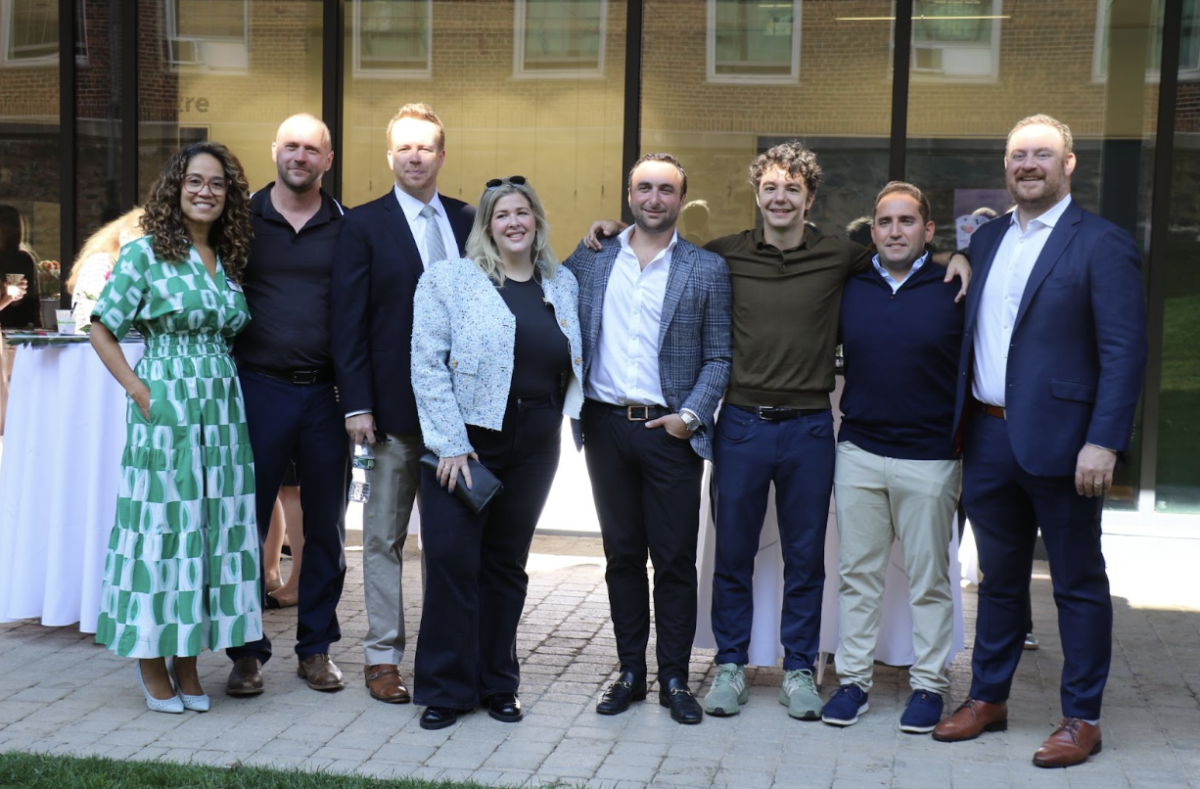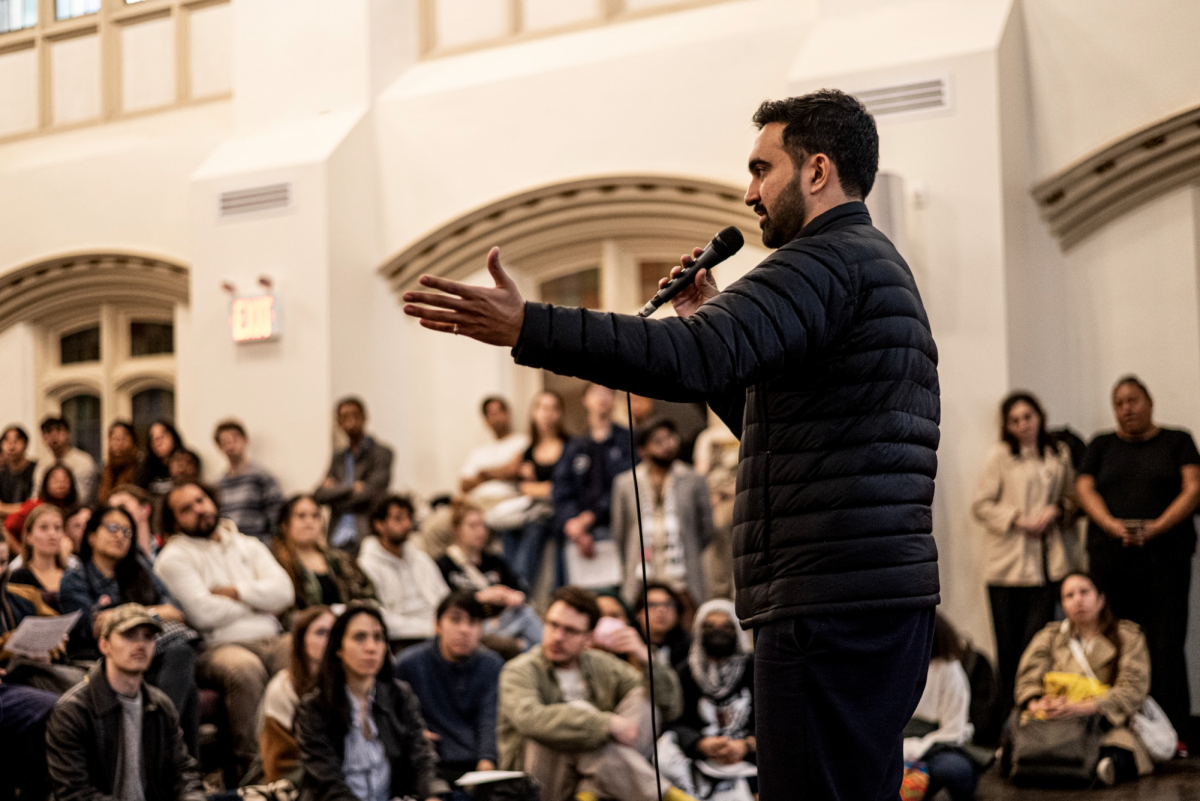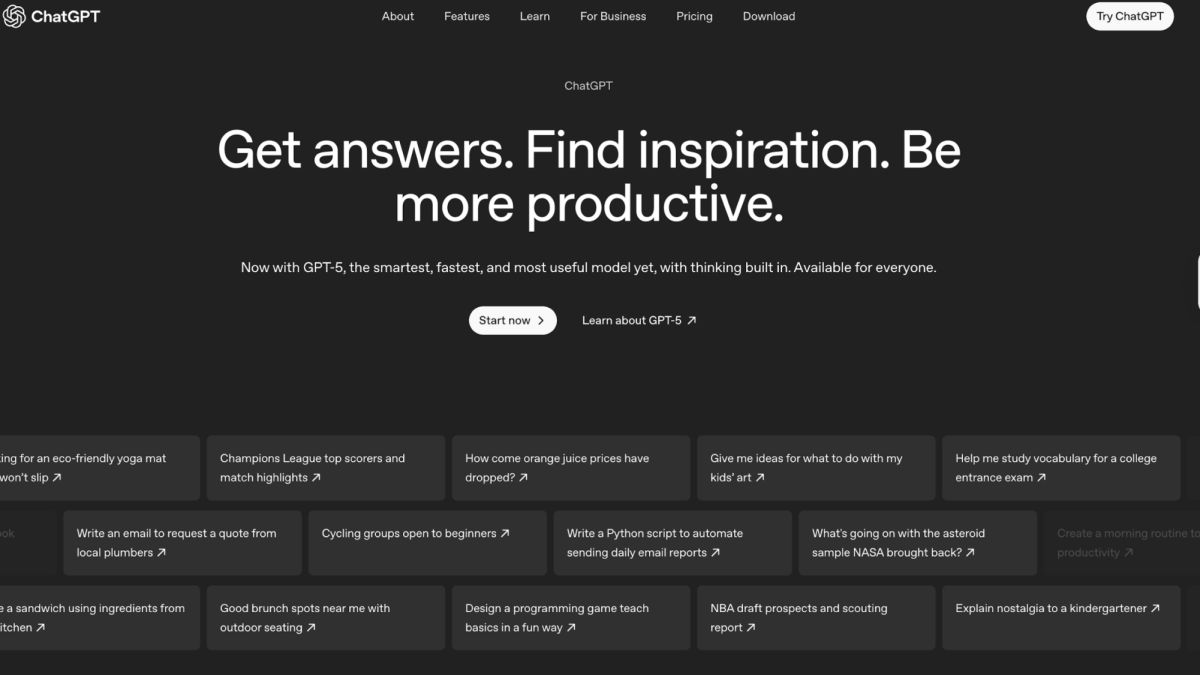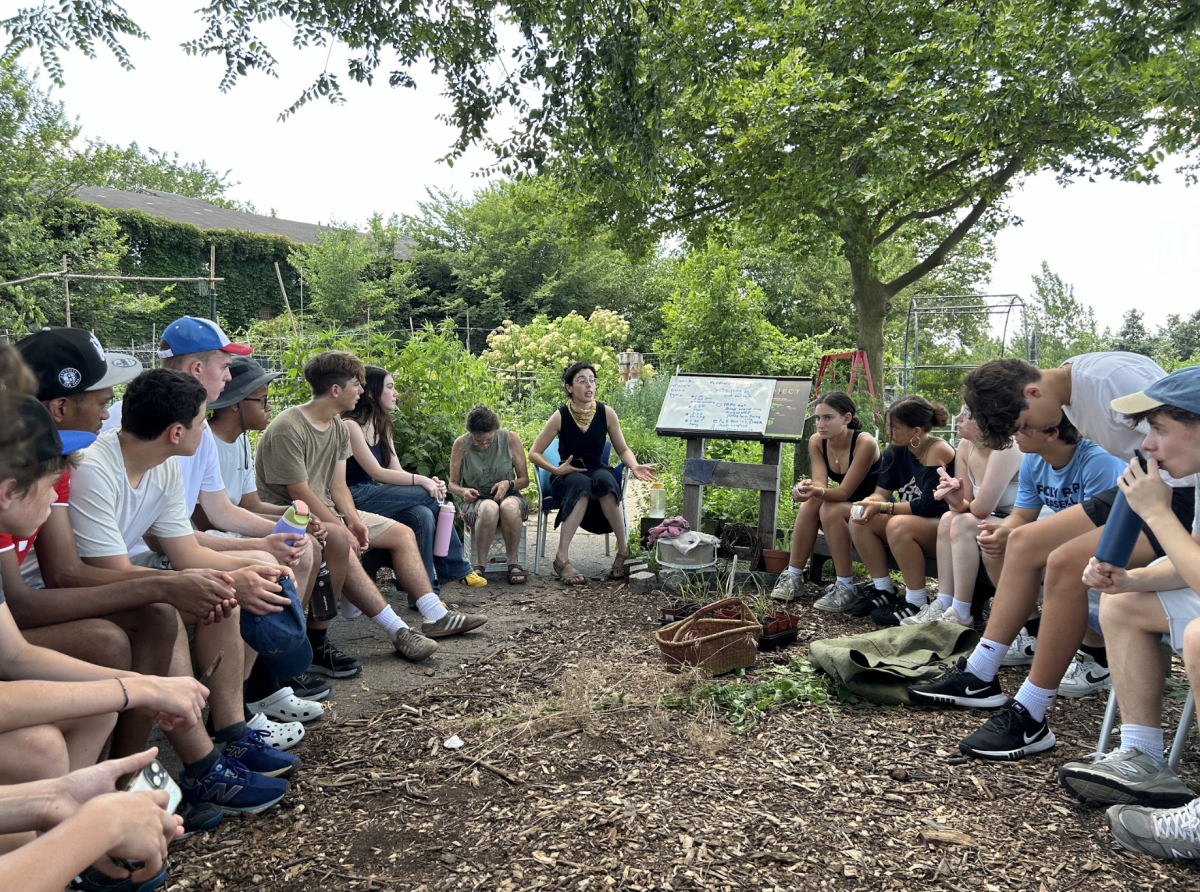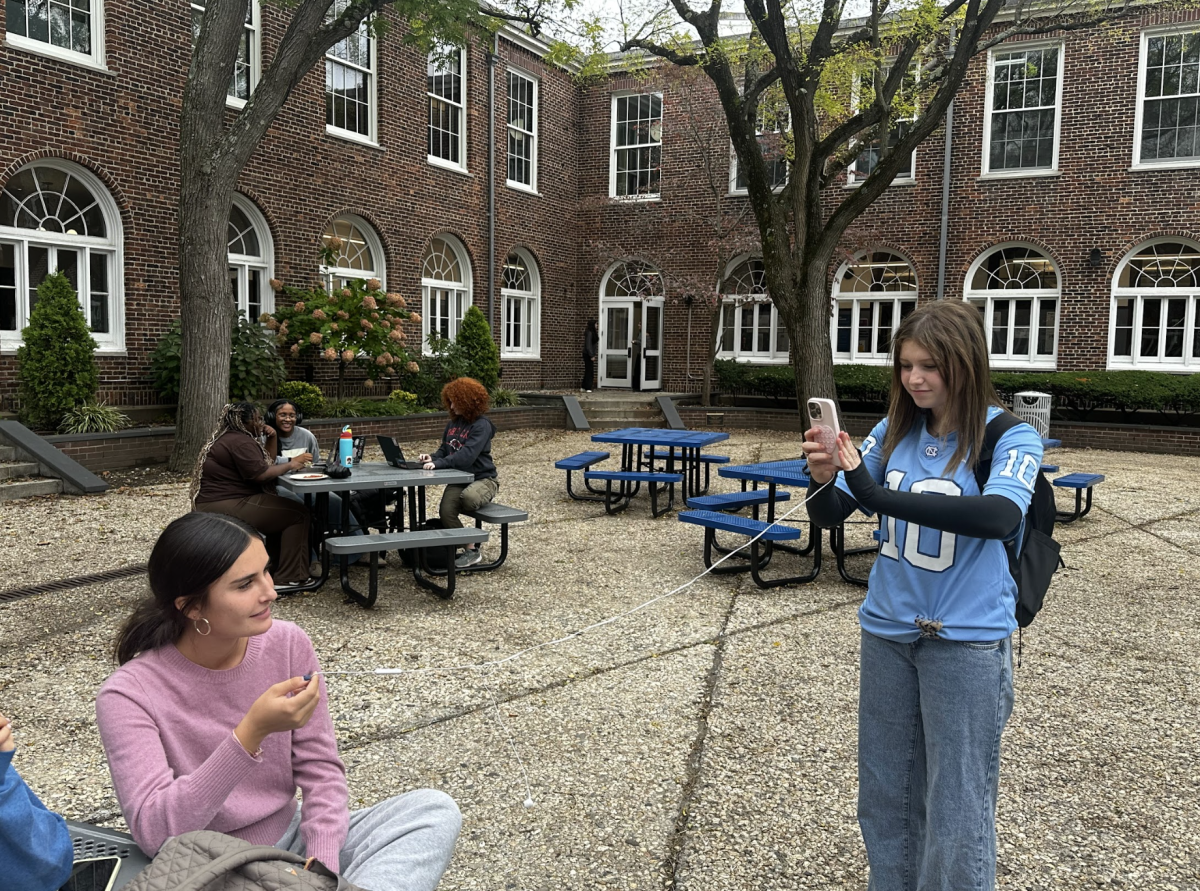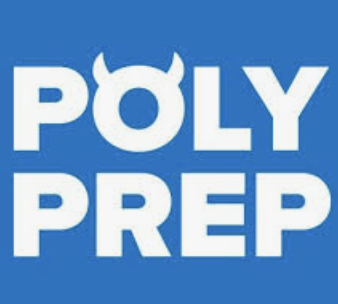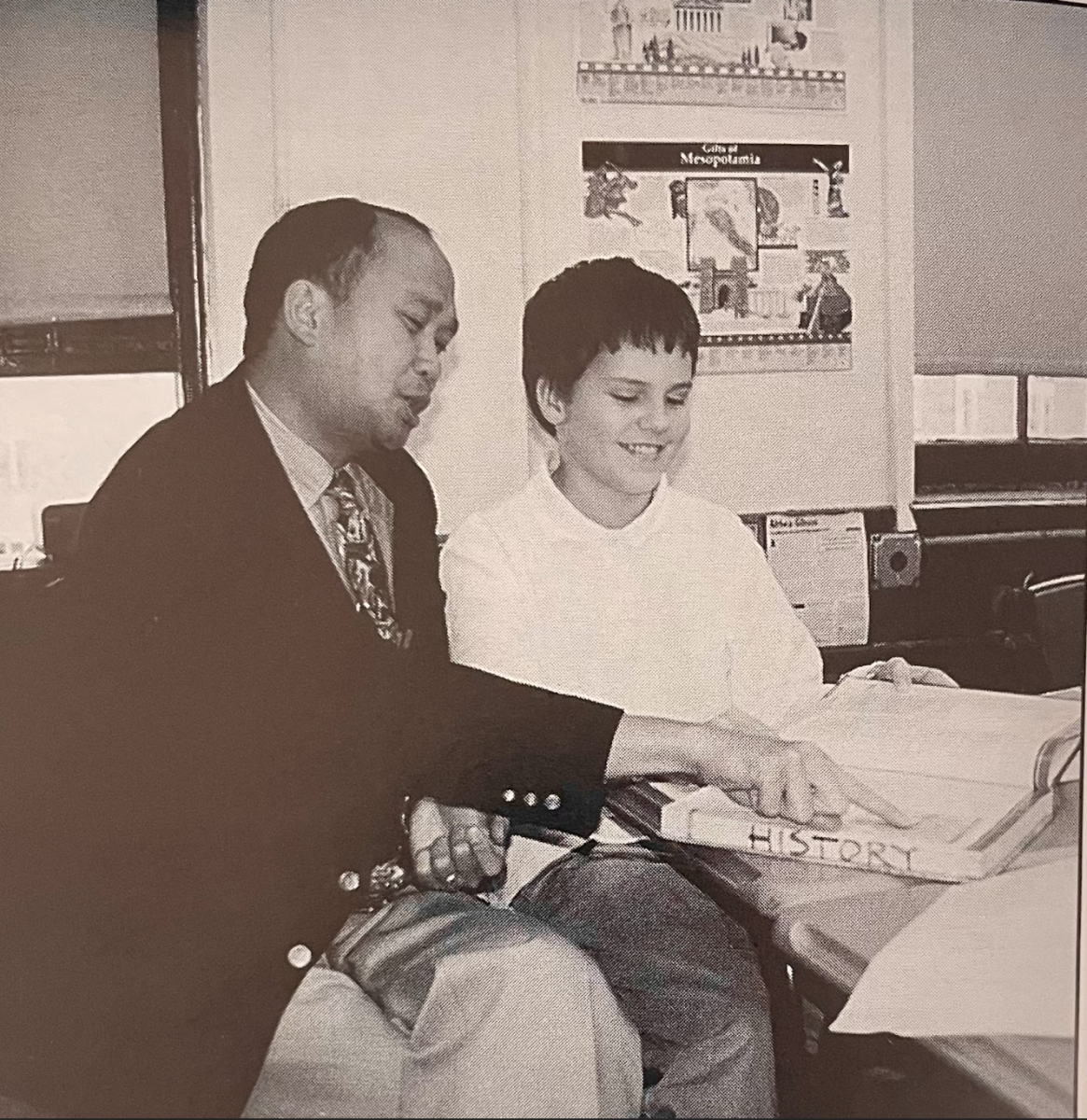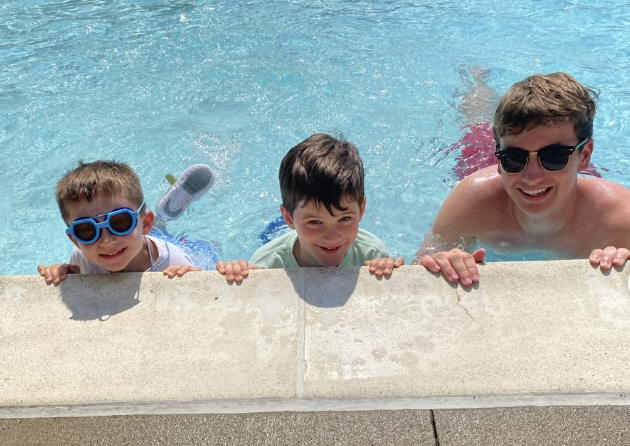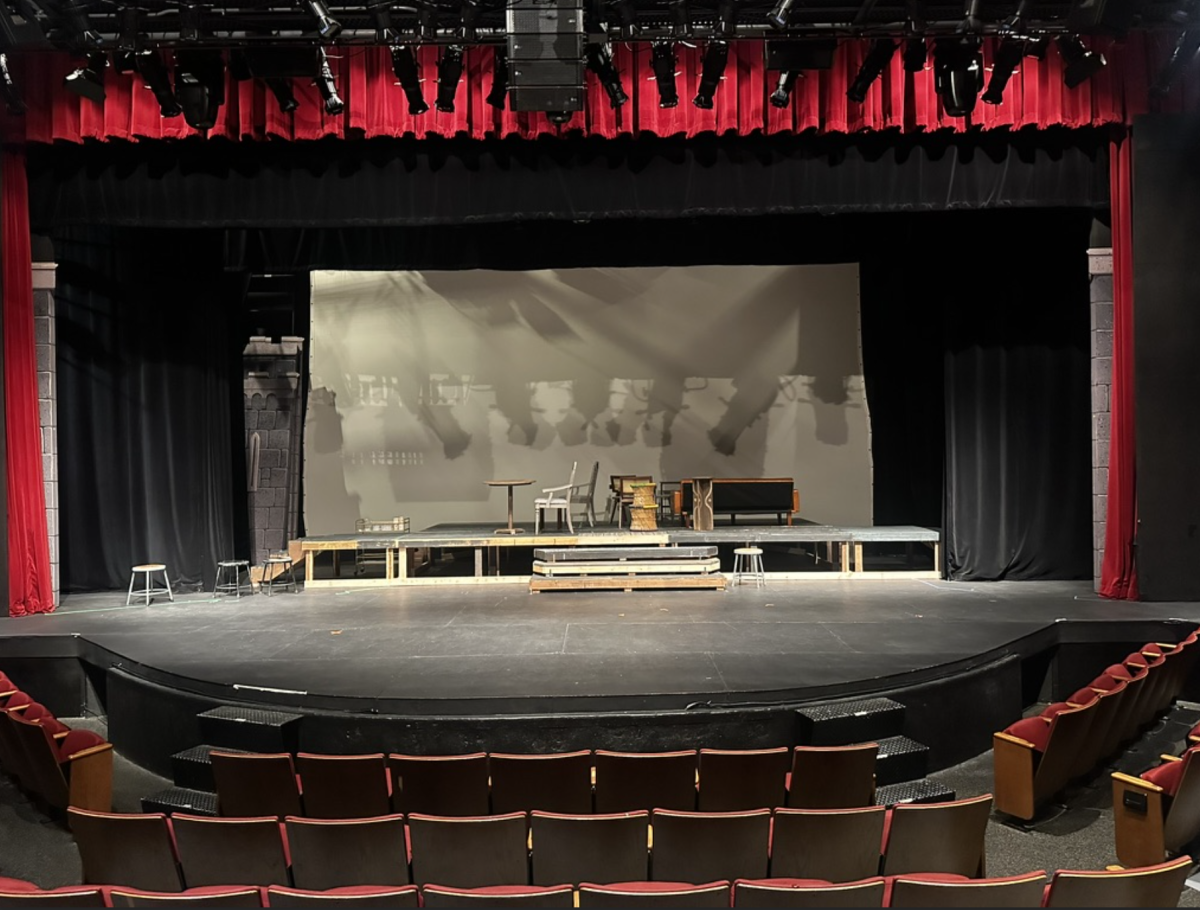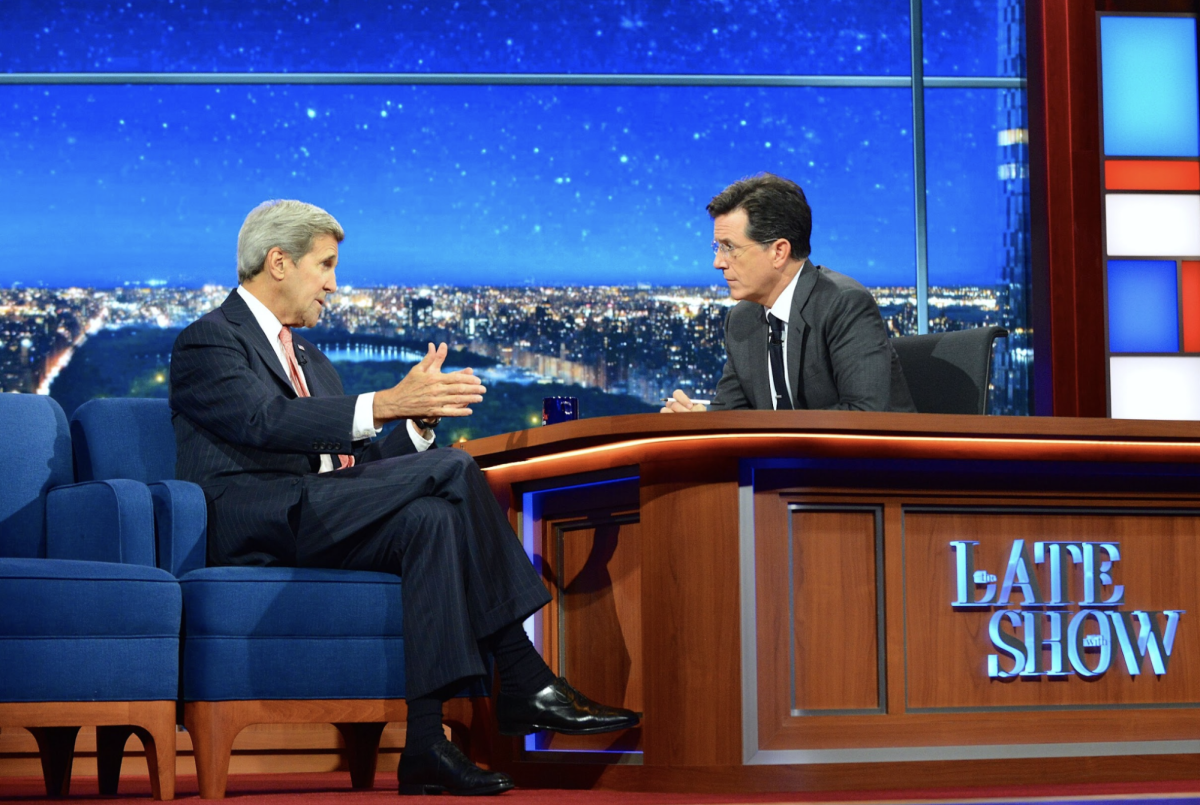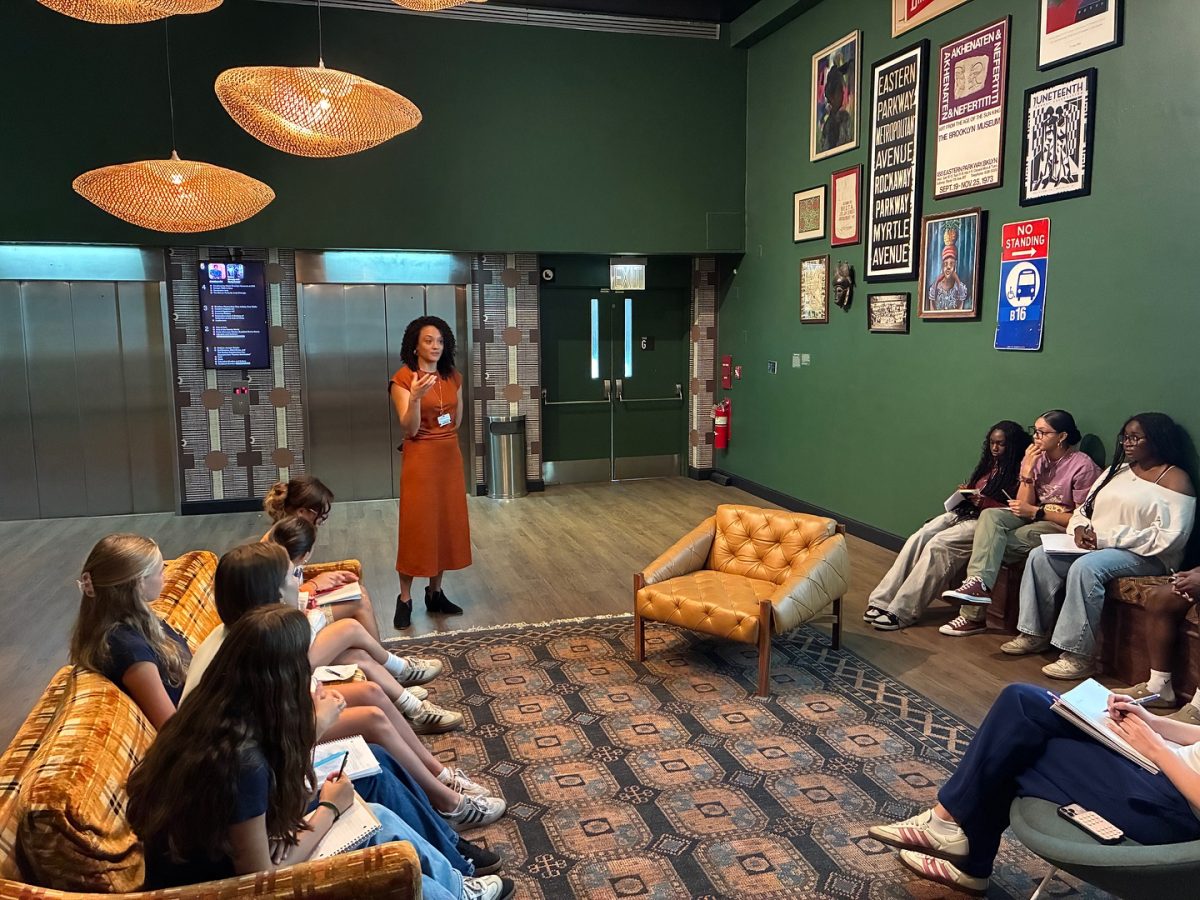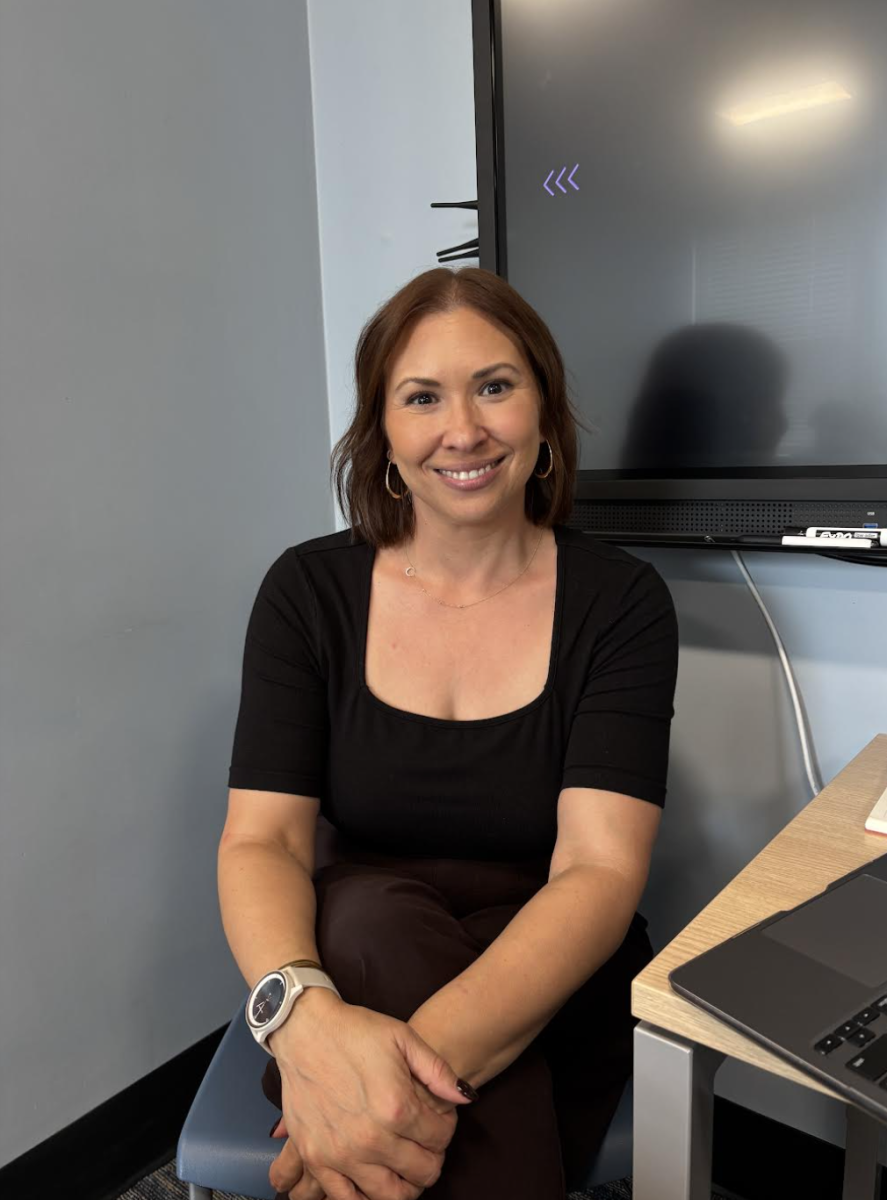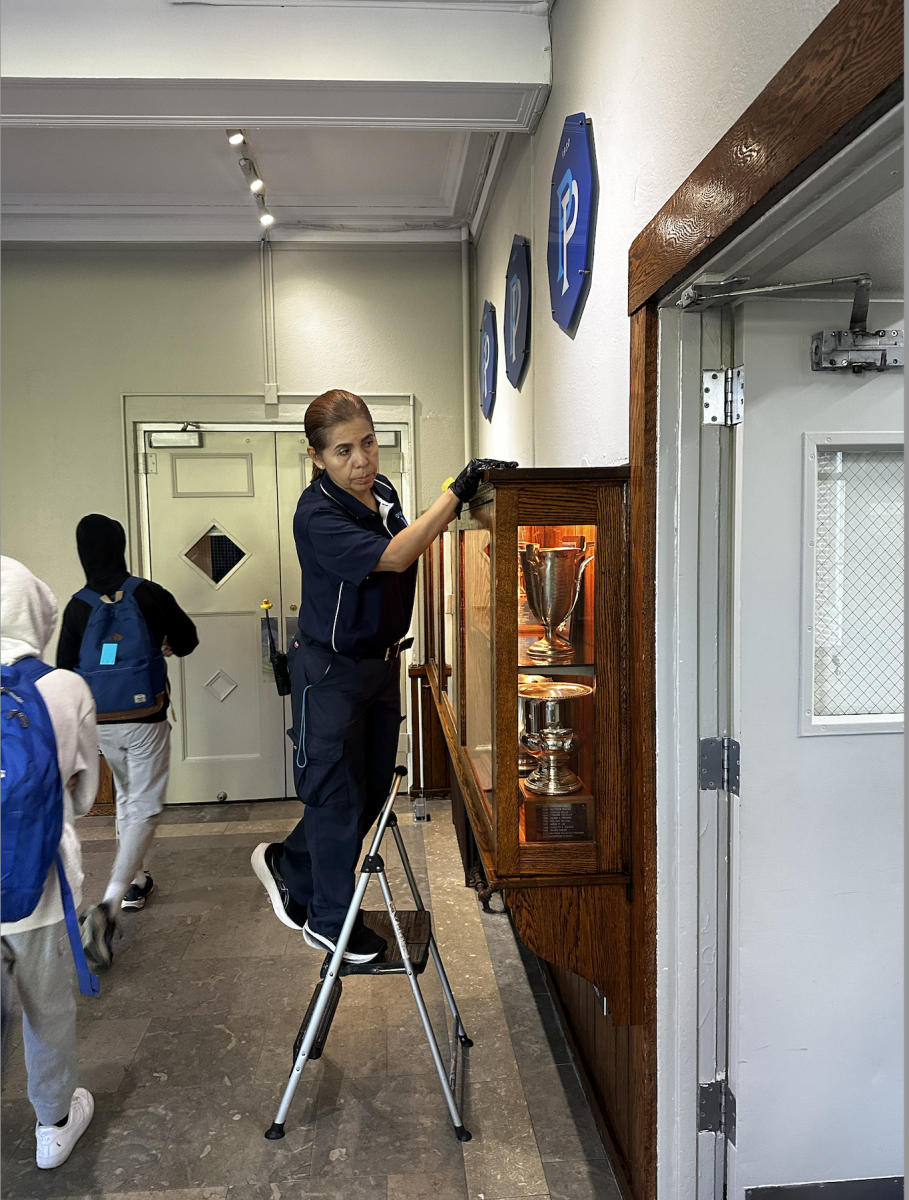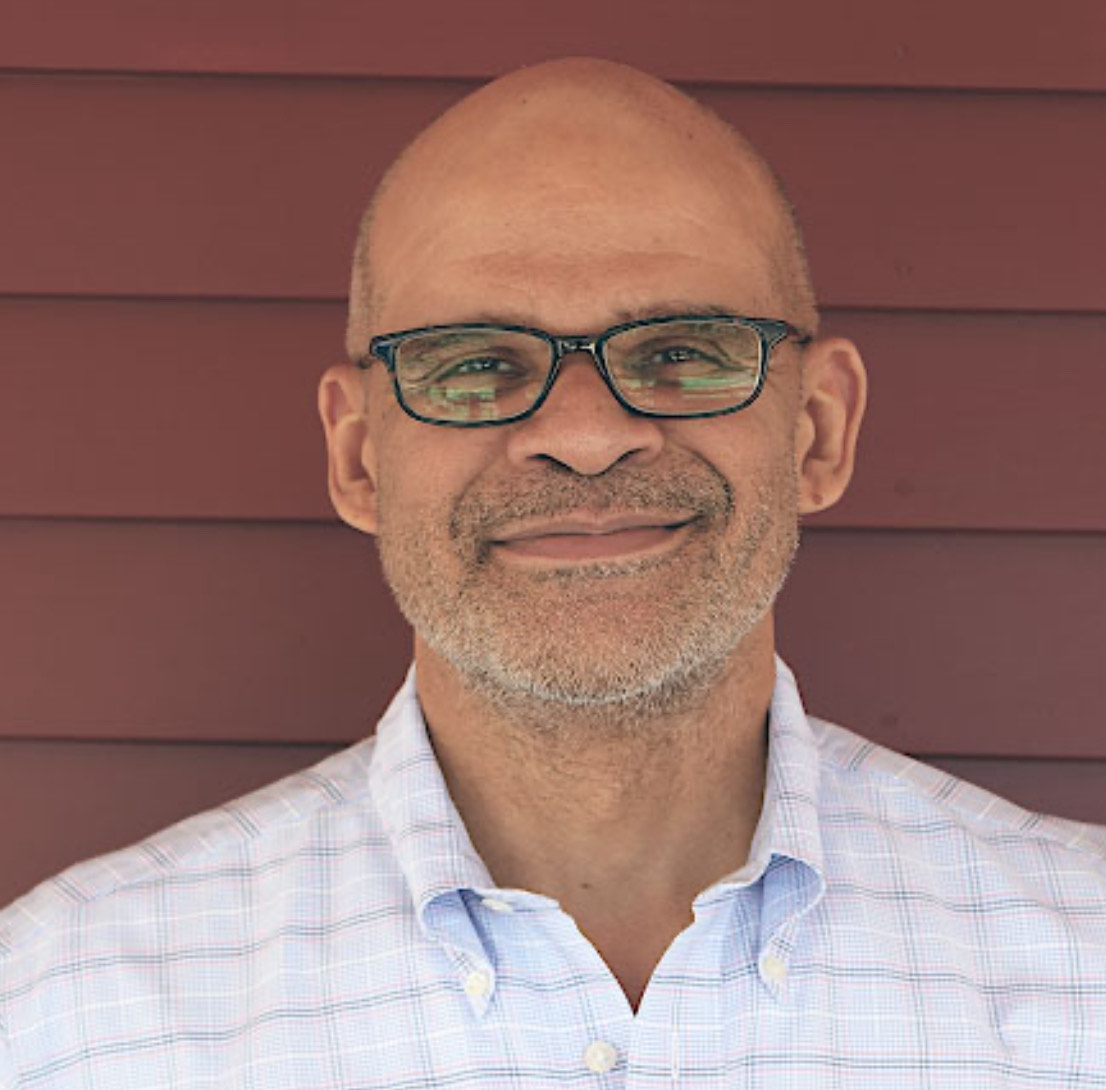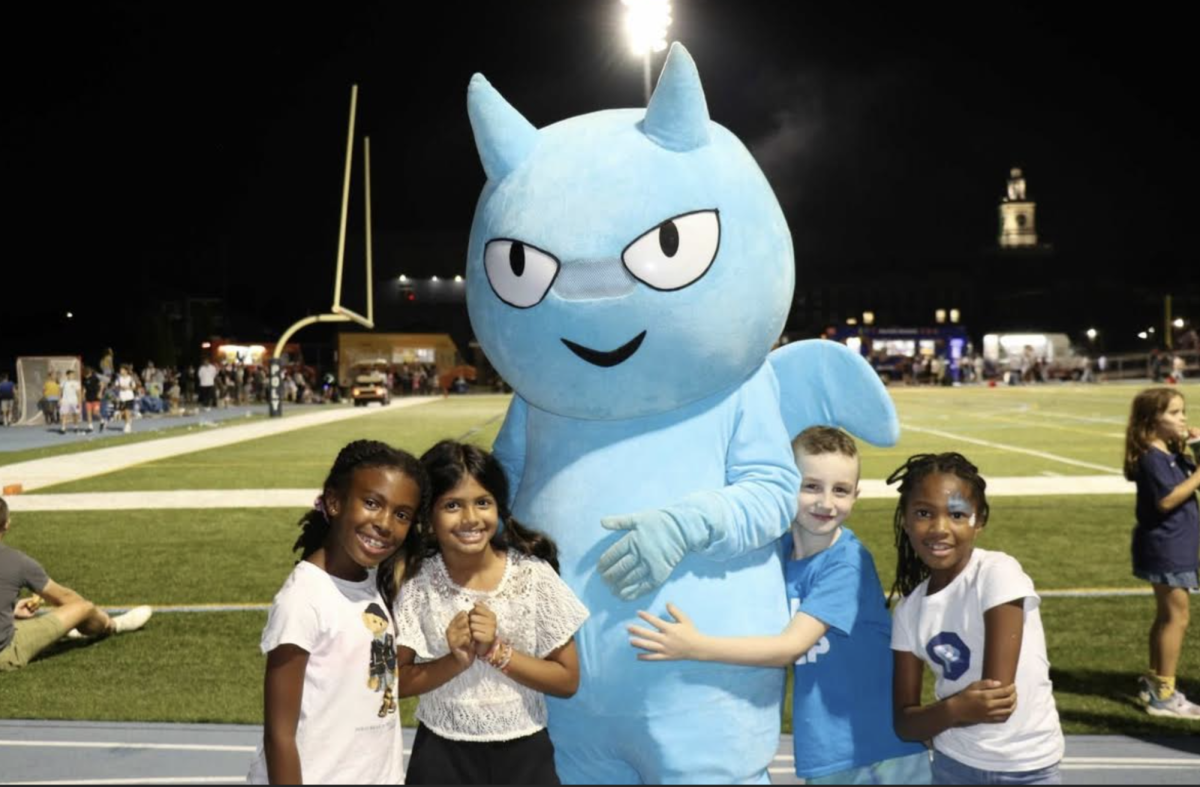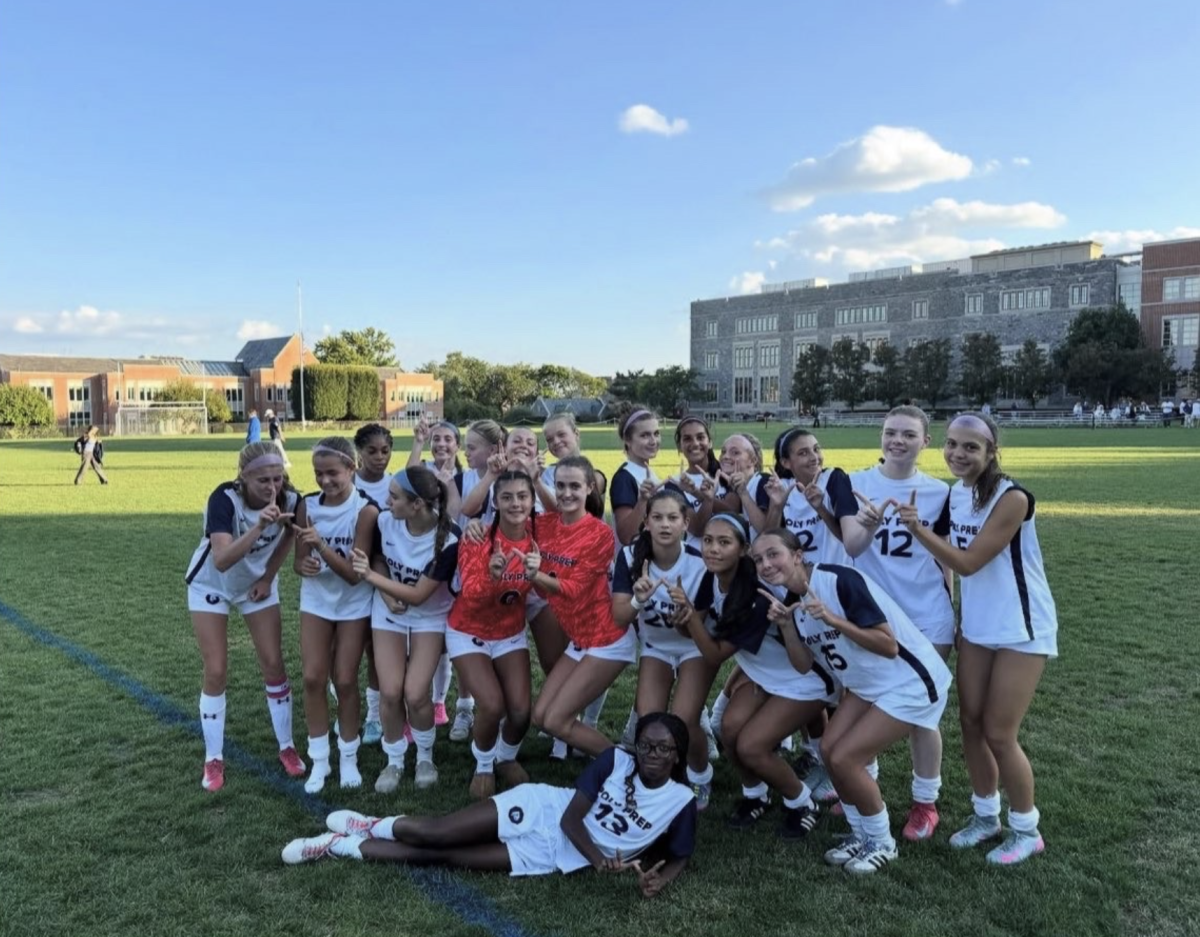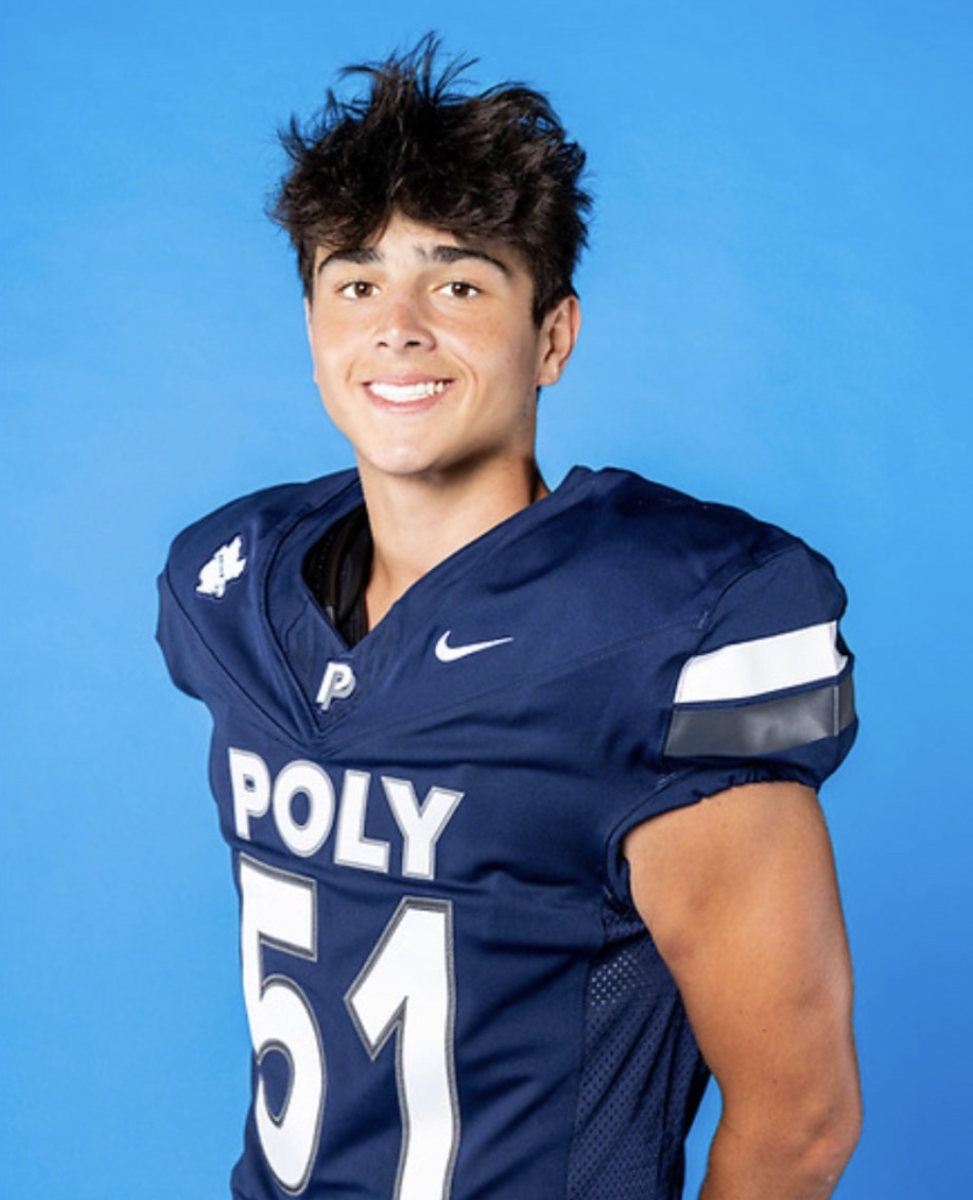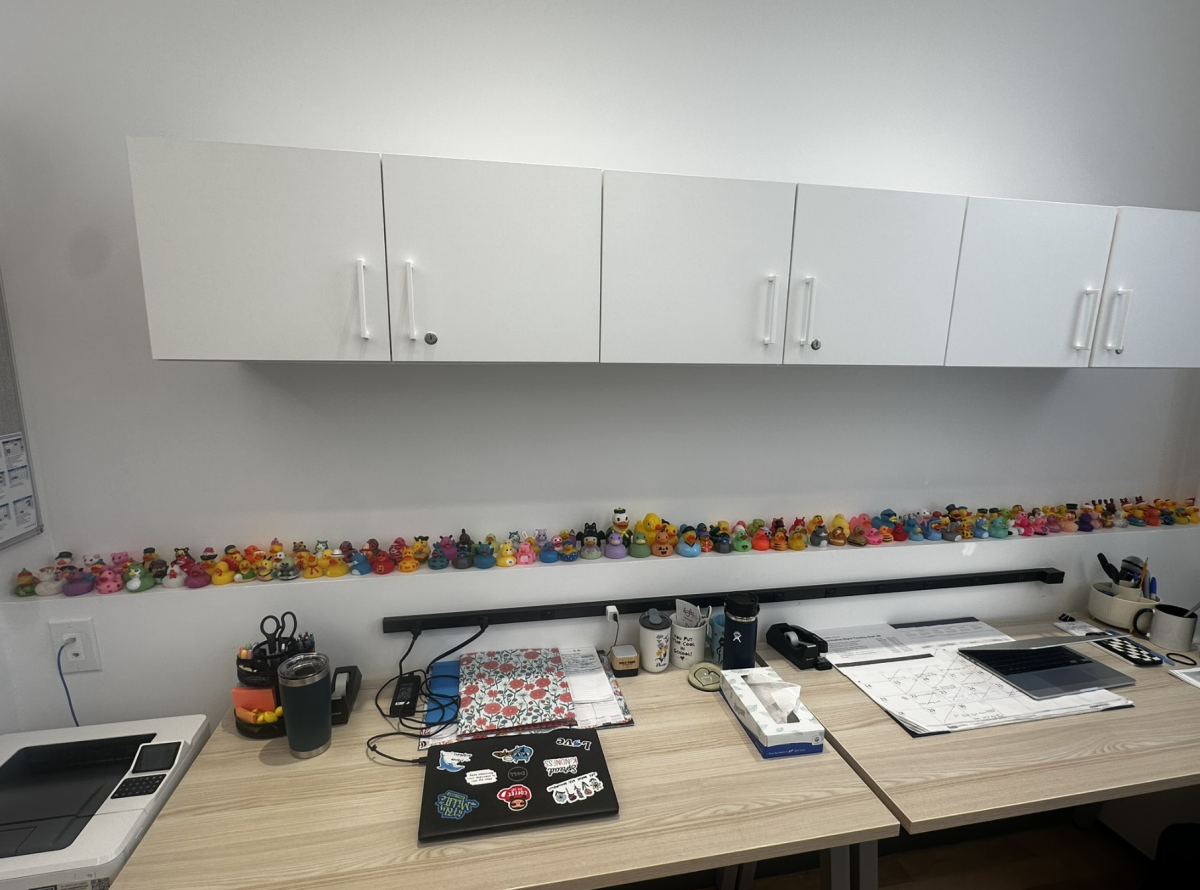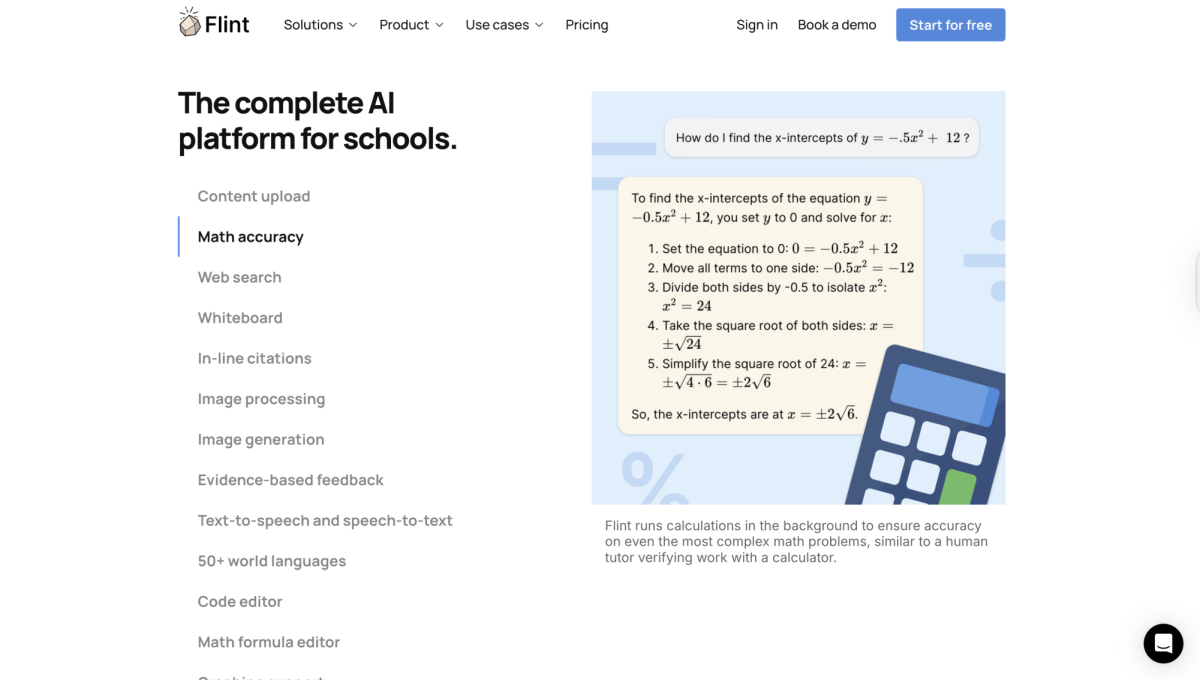Poly Prep introduced a new Teacher Assistant (TA) program this fall, allowing Upper School students to aid a teacher in one of their Middle or Upper School classes. These classes span from yearlong academics to single semester electives. This program is replacing the Peer Academic Coaching (PAC) program, which consisted of workshops hosted by students and occasionally guest speakers to help teach a subject.
The Student Leaders of the TA program, seniors Ava Barbiere, Madeline Gross, Carolina Lisk, and Abigail Mangerson, worked with Director of Upper School Learning Support Sarah Bond to transform the PAC program into the TA program. “It [didn’t] always work with everyone’s schedule,” noted Bond when explaining why she decided to eradicate the PAC program. Gross added that some students also “wouldn’t show up for the things they signed up for,” while others said, “it [could] be hard going out of your way to ask for help.”
The transition into the PAC program began last May, when Bond asked Upper School students to fill out a form if they were interested in being a TA. Thirty-three students applied and 12 were accepted into the TA program. To make sure students were fit for this position, the Student Leaders conducted “very in-depth interviews,” and had “multiple planning sessions about what [certain people] could bring to the table,” said Gross. She and her fellow leaders were looking for “people who were able to strike up a very easy conversation, [people who] feel comfortable…[and] were very calm” when someone didn’t understand something.
The students chosen will be TAs for the rest of the year. However, when the second semester begins, many may have to switch which class they are assisting due to scheduling conflicts. Each cycle, TAs will meet with their class one to two times, depending on the teacher and the help they request.
The TA program is meant to arrange a space “where students are pushing into classes to provide extra support, but at the same time, they’re also learning how to provide that support and different teaching techniques… from their faculty mentors,” shared Bond. Not only do TA’s serve as an extra resource for the current students in the class, but they will also “learn [the subject] better, get new perspectives and solidify [their] knowledge-base,” according to an article written by Cornell University. Therefore, both the student and the TA are benefiting. TAs also “[get] rid of the divide between upperclassmen and lowerclassmen,” Barbiere described.
For students currently in the class, having a TA who already took the class “makes it a lot easier to want to learn… because [TA’s will] be interacting with a student who probably went through the same thing as [them] in that class,” said Barbiere. Having students help others in a subject they previously took also creates a more beneficial, supportive environment, according to the University of Illinois’s Teaching Guide. This dynamic reduces anxiety and stress because students understand that they are not alone, according to Barbiere.
However, TAs are strictly not allowed to grade students’ work or act as substitute teachers. They are simply there to provide extra help. During the semester, TAs will also be tasked with creating a presentation, developing a lesson slideshow, or setting up a workshop, according to Barbiere.
Sophomore Kara Shum was accepted into the TA program. She is set to TA for a seventh-grade class, Urban Farming, with Erin White, a faculty member of the science department. Although she has never taken this class, she shared that she’s “excited because it’s a fun class.” She was an exception to the TA program for this class – by never having taken it – because it’s a new class and she was the most qualified to TA. Shum decided to sign up to be a TA because she “wanted an opportunity to do something with leadership and work with… younger students.”
Hearing about the TA program, White reached out to Bond, showing interest in having one. “Having an extra person to help organize [the] students as they learn how to [become autonomous] is very helpful,” said White. In her classroom, Shum is expected to be a “student mentor for the kids,” and “[model] behavior expectations and [show] functional work,” described White.
These new Student Leaders hope that this program is beneficial to Poly and helps their students learn more easily, which is foundational to the mission of the program, where “the main goal is to really make sure that no matter what, people are learning and that they’re enjoying that process,” said Barbiere.

